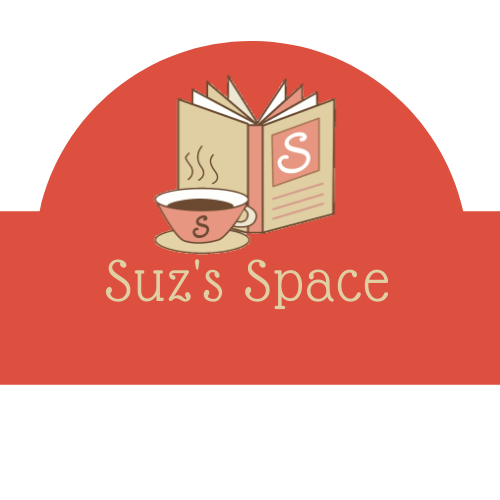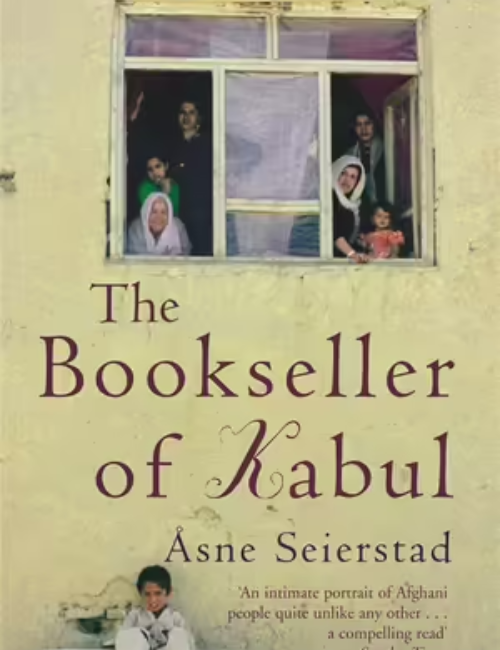Another book in the ‘can’t remember where or when I got this’ category. Sometimes I remember to write this information down on a business card and put it in the book. This biography is nicely written, we get some good insights into what it’s like to live in Kabul, and to be selling something that is often considered contraband. We also get to see what life can be like in a home in Kabul.
I loved this book. I very much enjoyed Sultan Khan’s entrepreneurial skills and thinking. He opened several bookshops and left different family members in charge. He only trusted his sons, it’s a good thing he had several so each of them could be put in charge of a shop. He went into the publishing business, this included having postcards printed across the border in Pakistan. Printing was cheap in Pakistan and he could sell them for a high price in Kabul. He took whatever photos he wanted, even those given to him, and had them made into postcards. They were bought by soldiers from the International Peacekeeping force. To people in Kabul, these soldiers would look rich, well able to afford expensive postcards.
Mansur is only seventeen, yet he has been left in charge of one of the bookshops. He longs for female company but the very structured society he lives in makes things difficult. He’s not even allowed to talk to a female outside his family, to do so could cause ructions. His friend tries to talk him into having sex with a young girl, paying her money. This causes him much distress and eventually he feels he has to go to Ali’s tomb to pray and be forgiven. We’re given a history lesson to explain Ali, why he’s important and where his tomb is, it’s interesting.
There are history lessons and lessons about culture throughout this book. It would be hard to write a book about a man in Kabul without learning so much about the culture and the wars.
While Sultan is travelling to Lahore to get some school books published we are told how the boys learn at school during the Mujahedeen and the Taliban. We’re given a quote from a school book as illustration.
This is how first-year schoolchildren learn the alphabet: ‘J is for Jihad, our aim in life, I is for Israel, our enemy, K is for Kalishnikov, we will overcome, M is for Mujahedeen, our heroes, T is for Taliban…’
It’s a bit of a shock to see this sort of lesson in print. But now that both are gone, the schools are going to reopen and Sultan wants to have school books printed. Books to take the country back to the time of Zahir Shah, before he was deposed in 1973. He has old books and he wants to reprint them, they include myths and legends, maths minus references to war and history books with only a bit of innocent nationalism. As Sultan is one of the largest publishers in Kabul, and on this journey he’s considering not asking for too much money for the books as he’s looking towards a very lucrative future.
I loved looking inside Sultan’s family. We see them as only an outsider can, someone who has been there long enough to be almost forgotten. The family behaves normally and Seierstad observes carefully. We are brought into the middle of some bargaining for a marriage, then we see the actual marriage. We see how hard the female daughters have to work and how they are devalued by their male relatives, and sometimes their female relatives.
I cringed at several points. The one where books are set alight because they don’t fit in with the people in power at the time. We’re talking about the days when Communism warred with the Mujahedeen. Many publications were declared contraband, Sultan sold them anyway…under the counter. Someone informed on him and he was arrested. He spent some time in jail, managing to read books on Persian poetry. Back in his shop he continued to sell contraband with more caution.
This book is intense, if you’re not able to read about wars or hardship then this book is not for you. While writing these words tonight I take note that the author has written more books. If you’d like to take a peek at her books you can do so here. Thank you to those people who have clicked on links, it makes me happy.

